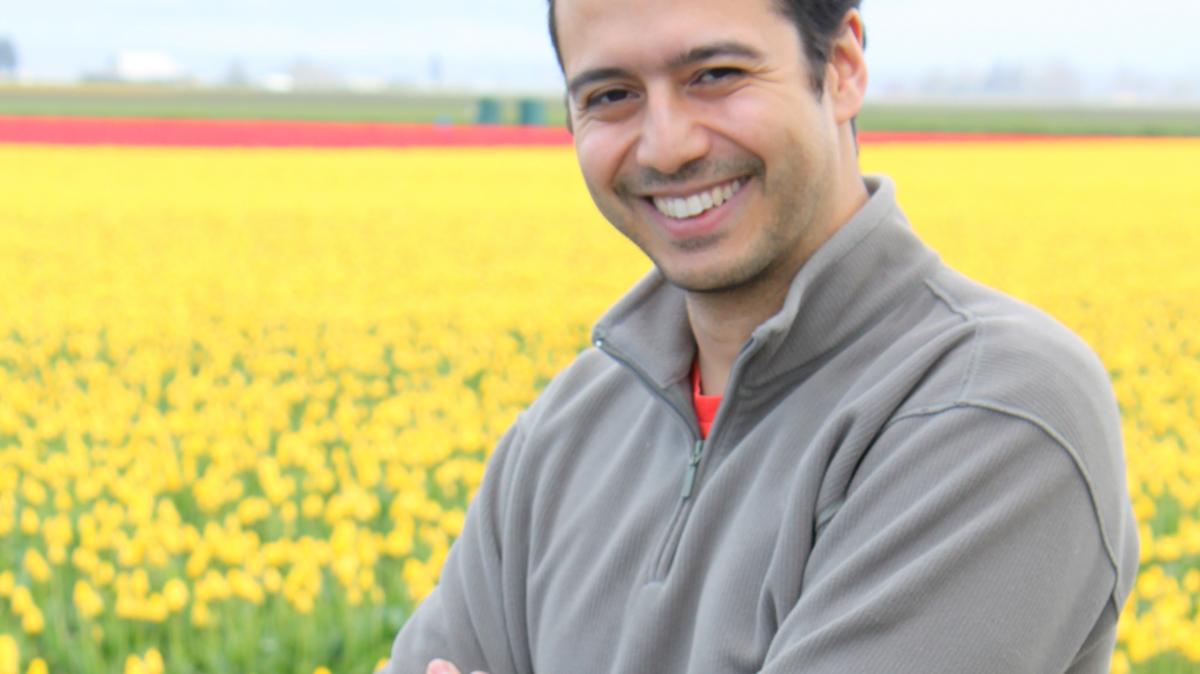


“Our company has drawn a really strong line that we will never edit human embryos,” says Haurwitz. During the conversation, Haurwitz reiterated her company’s stance against human embryo testing - an issue that has risen to the front as teams in China have already begun work on that front.
#CEO OF ECRISPER HOW TO#
I think people are, by and large, excited about this technology and are participating in a lot of technologies around how to use this technology in foods.”īefore such processes can be carried out, however, certain ethical issues must be weighed, particularly as they pertain to use on humans, where CRISPR could potentially serve as a preventive tool against certain genetically driven diseases like cancer. “There’s tremendous potential to treat and possibly cure genetic diseases using this technology, and to treat cancer in new ways. “I think there’s a lot of enthusiasm and excitement and I think a lot of that is centered around the human therapeutic applications,” said Haurwitz. The work of Caribou and other CRISPR-centric companies is still very much in the early stages, but the potential of the technology is enormous.

Caribou is one of the key groups claiming to have a place in that invention, courtesy of the pioneering work by Haurwitz’s co-founder Jennifer Doudna, who played a key role in helping to develop the technologies around CRISPR early in the process.ĬRISPR works by essentially serving a part of “molecular scissors,” in Haurwitz’s words, using a protein called Cas9 to edit genes. The gene editing tool has been the source of tremendous excitement over the last several years for its potential to help science hack everything from disease to food supply.īut along with all of that potential comes some key questions around ethics and a protracted legal battle around precisely who invented - and therefore owns the rights to - the technology. The company is commercializing its analytic services at the business incubator SmiLe Incubator at Medicon Village, Lund, Sweden.Caribou Bioscience co-founder and CEO Rachel Haurwitz joined us onstage at Disrupt this morning to help unpack some of the myriad complexities around her company’s pioneering work in the field of CRISPR biology. TIGERQ is founded on the basis of the research from Lund University by David Yudovich and Jonas Larsson. TIGERQ is a SmiLe company that has a given place in the very forefront of chemistry and life science”, says Ebba Fåhraeus, CEO of SmiLe Incubator. “We are so happy on behalf of the team at TIGERQ, that the technology the company is working with is given the most honorable prize in science. Over the past six years the field – including biomedical, agricultural, and other technical applications – has exploded into a global market of nearly 4 billion Euro”, says David Yudovich, CEO of TIGERQ. For us this is an incredible moment that validates our position in the market and our important role in life science research. “TIGERQ is fortunate to be part of this journey that is pushing the limits of research and medicine to higher levels than ever before. And this is actually the TIGERQ offer: high accuracy and precision analysis services that determine the exact results of both really large and small DNA changes that develop during the CRISPR-Cas9 treatment. However, with the new technology there is a need to validate results, and to check the efficiency and genetic outcomes from the DNA editing process. Already today, CRISPR research is accelerating new treatments for cancer and genetic diseases, making the dream of using gene therapy to cure inherited diseases a much closer target. The gene editing tool has the potential to transform how we do research, making it faster, more cost effective, and much more accurate. The discovery of the CRISPR-Cas9 gene editing technology was presented in 2012, and since then the technology has had a revolutionary impact on the life sciences. The company is a member of SmiLe Incubator at Medicon Village in Lund, Sweden. TIGERQ AB is commercializing services to validate the effects of this genetic tool, with extreme accuracy and precision. Researchers can use these to change the DNA of animals, plants and microorganisms with extremely high precision. Yesterday, the discovery of one of Molecular Biology's sharpest tools, the CRISPR-Cas9 genetic scissors, was awarded the Nobel Prize in Chemistry 2020.


 0 kommentar(er)
0 kommentar(er)
